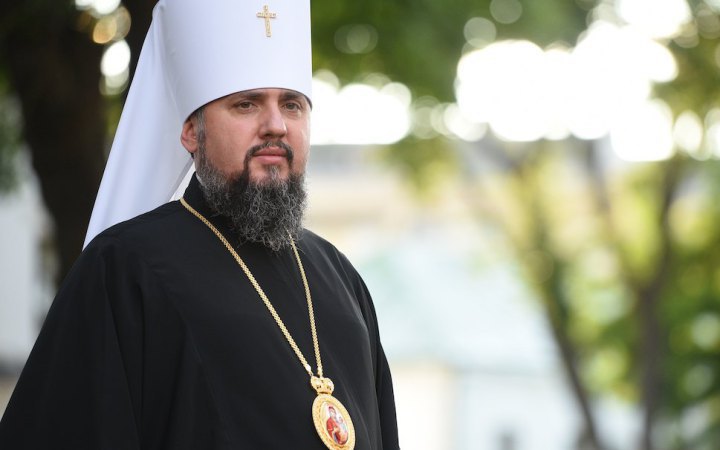On 1 September, the Orthodox Church of Ukraine will switch to the New Julian calendar. The decision was made by the Council of Bishops chaired by His Beatitude Metropolitan Epifaniy of Kyiv and All Ukraine.
Today, the Council approved a resolution on the calendar issue, which determines the transition to the New Julian calendar from 1 September this year, while retaining the right to use the old calendar for parishes and monasteries that wish to do so, the OCU said on its Facebook page.
"This is the decision that the majority of the faithful of our Church and the majority of Ukrainian society expect from us. This is not an easy decision, we have long been approaching it, gradually, step by step, and we are making it carefully. But it is just as necessary as the decision to introduce the Ukrainian language in worship instead of the traditional Slavic language, to introduce an autocephalous structure of the Church's life instead of the centuries-old subordination was necessary. Not everyone accepted these decisions, not everyone supported them, but they were correct and vital. Similarly, the decision to switch to an updated calendar, which is more accurate astronomically and ecclesiastically, while preserving the traditional Easter, is also correct and vital for us," said Metropolitan Epifaniy, commenting on the historic decision of the Council.
The dates of the fixed holidays will change, while Easter and the events associated with it will remain as they were.
The general use of the New Julian calendar, following the approval of this decision by the Local Council on 27 July 2023, will be introduced on 1 September, when the new church year begins.
At the same time, parishes and monasteries wishing to adhere to the old calendar will have this opportunity - the calendar reform will take place without coercion, gradually and consciously.
The OCU added that the Julian calendar is now perceived as being associated with Russian church culture. After all, the modern (New Julian) calendar is used by those churches that support the local church, while opponents, and primarily the Russian Orthodox Church, adhere to the old calendar (Julian).
"Therefore, the desire to preserve and affirm our Ukrainian spiritual identity, to protect ourselves from the aggression of the Russian world, requires us to make an urgent decision - to join the majority of Local Orthodox Churches and introduce the New Julian calendar," the OCU stressed.
Thus, this year, the faithful of the OCU will celebrate Christmas on 25 December, not 7 January. Other holidays, such as the Intercession (1 October), Epiphany (6 January) and St Nicholas (6 December), will also be shifted. However, this will not apply to Easter and some other holidays, including Trinity, the BBC writes.
According to the new calendar, the OCU and the Ukrainian Greek Catholic Church will celebrate fixed holidays, but will retain the current Paschalia - the celebration of Easter and events related to it. This transition from the old Julian calendar to the new one without Easter is called the New Julian Calendar.








